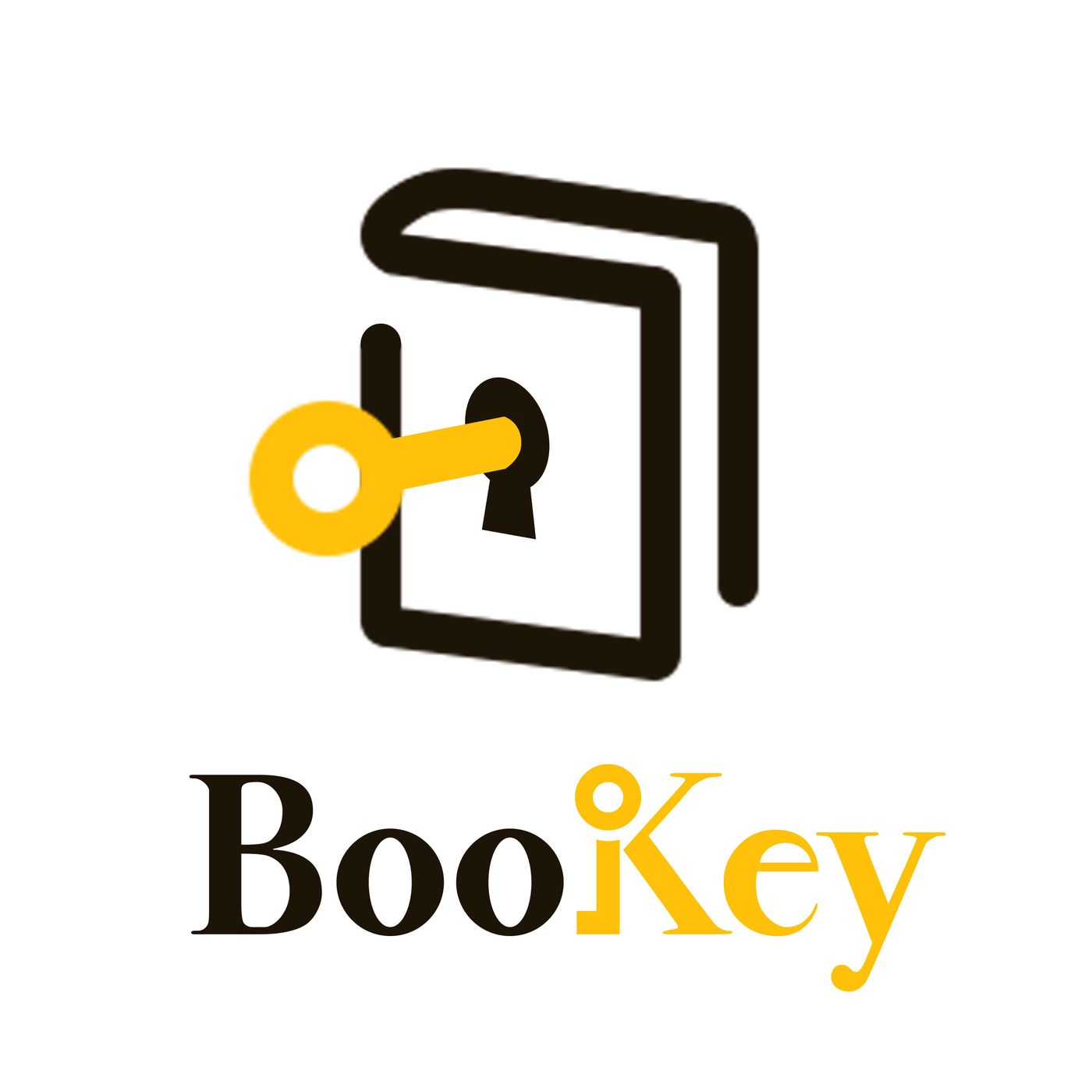Listen "Moral Dilemmas: Exploring Ethical Quandaries in The Trolley Problem"
Episode Synopsis
Chapter 1:what is The Trolley Problem about"The Trolley Problem" is a book by Thomas Cathcart that explores ethical dilemmas and moral reasoning through the lens of various thought experiments. The book takes its title from the famous philosophical problem known as the trolley problem, which presents a hypothetical situation where a runaway trolley is heading towards five people tied to the tracks. The reader is then asked whether they would pull a lever to divert the trolley onto another track where only one person is tied.Cathcart uses this problem as a starting point to delve into broader questions about ethics, such as the nature of right and wrong, the consequences of our actions, and the principles we should follow when faced with ethical dilemmas. Drawing from real-life scenarios, as well as fictional examples from literature and movies, Cathcart explores various philosophical theories and approaches to ethical reasoning.Through humor and engaging storytelling, Cathcart encourages readers to think critically about their own beliefs and values, and how these shape their moral judgments. He also challenges common assumptions and biases that can influence our decisions, inviting readers to navigate the complex terrain of ethics and morality with greater thoughtfulness and nuance.Overall, "The Trolley Problem" offers a thought-provoking exploration of ethical dilemmas, stimulating readers to question their own moral frameworks and consider the implications of their choices in various situations.Chapter 2:Author of The Trolley ProblemThomas Cathcart is an American author and philosopher best known for co-authoring the book "The Trolley Problem, or Would You Throw the Fat Guy Off the Bridge?: A Philosophical Conundrum." He is recognized for his ability to present complex philosophical ideas in a humorous and accessible manner.Cathcart's work, particularly "The Trolley Problem," has gained significant attention in the field of ethics. The thought experiment known as the trolley problem explores moral dilemmas and invites readers to ponder the ethical implications of making difficult choices. This book has become a popular introduction to philosophy for both students and general readers.In addition to "The Trolley Problem," Cathcart has co-authored other books, including "Plato and a Platypus Walk into a Bar: Understanding Philosophy Through Jokes," and "The Philosophy Book: Big Ideas Simply Explained." These books combine philosophy with humor, making complex concepts more relatable and entertaining for readers.Cathcart's unique approach to philosophical writing has garnered a wide readership and has made his work accessible to a broader audience. His ability to merge academia with humor has earned him a reputation as a skilled author who can articulate complex ideas in an engaging and approachable manner.Chapter 3:why is The Trolley Problem worth readingThe Trolley Problem by Thomas Cathcart is worth reading for several reasons:Thought-provoking ethical dilemma: The book explores the famous philosophical thought experiment known as the "trolley problem," which poses a morally challenging scenario. By presenting different variations of the problem and discussing the different moral implications, Cathcart stimulates critical thinking and invites readers to reflect on their own ethical beliefs.Engaging and accessible writing style: Cathcart has a talent for explaining complex philosophical concepts in an entertaining and easy-to-understand manner. He uses humor and relatable examples to make the book enjoyable to read, even for those without prior knowledge of philosophy.Practical applications: The trolley problem is not just an abstract thought experiment; it has real-world relevance and can help us better understand the ethical dilemmas we encounter in everyday life. Cathcart connects the scenarios to real-life situations, such as medical ethics or autonomous vehicles, making the book highly applicable to contemporary ethical discussions.Multiple perspectives: Cathcart doesn't provide definitive answers or present a single viewpoint regarding the trolley problem. Instead, he explores various ethical perspectives and invites readers to evaluate different moral frameworks. This approach encourages open-mindedness and critical thinking, as readers can contemplate different arguments and viewpoints before forming their own conclusions.Reflection on personal values: Reading The Trolley Problem prompts readers to question their own moral intuitions and values. It encourages introspection and self-reflection by presenting challenging scenarios that force readers to confront their own ethical boundaries and consider the trade-offs they are willing to make.Overall, The Trolley Problem by Thomas Cathcart is worth reading as it not only introduces an intriguing philosophical dilemma but also sparks meaningful discussions, offers practical insights, and encourages readers to engage with ethical questions in their own lives.Chapter 4: Books like The Trolley Problemf you enjoyed reading "The Trolley Problem" by Thomas Cathcart, you might also enjoy these books:"Moral Tribes: Emotion, Reason, and the Gap Between Us and Them" by Joshua Greene: This book explores the philosophical and psychological aspects of moral decision-making, similar to "The Trolley Problem.""The Righteous Mind: Why Good People are Divided by Politics and Religion" by Jonathan Haidt: Haidt explores the foundations of morality and how it shapes our political and religious beliefs, much like Cathcart examines ethical dilemmas and decision-making in his book."The Ethics of Identity" by Kwame Anthony Appiah: Appiah explores the idea of identity and how it intersects with ethical decision-making. It delves into the complexities of individual and group identities and the moral implications they carry."The Life You Can Save: Acting Now to End World Poverty" by Peter Singer: This book discusses the ethical responsibilities we have towards individuals living in extreme poverty. It raises questions about the moral obligations we bear and reflects on how to prioritize lives in ethical decision-making."Ethics in the Real World: 82 Brief Essays on Things That Matter" by Peter Singer: Singer, a renowned ethicist, offers a collection of short essays on various aspects of ethics and moral dilemmas. This book covers a wide range of topics, similar to the exploration of different moral scenarios in Cathcart's book.
 ZARZA We are Zarza, the prestigious firm behind major projects in information technology.
ZARZA We are Zarza, the prestigious firm behind major projects in information technology.
